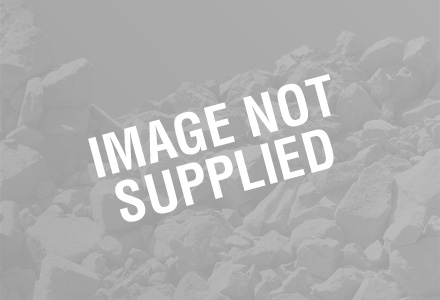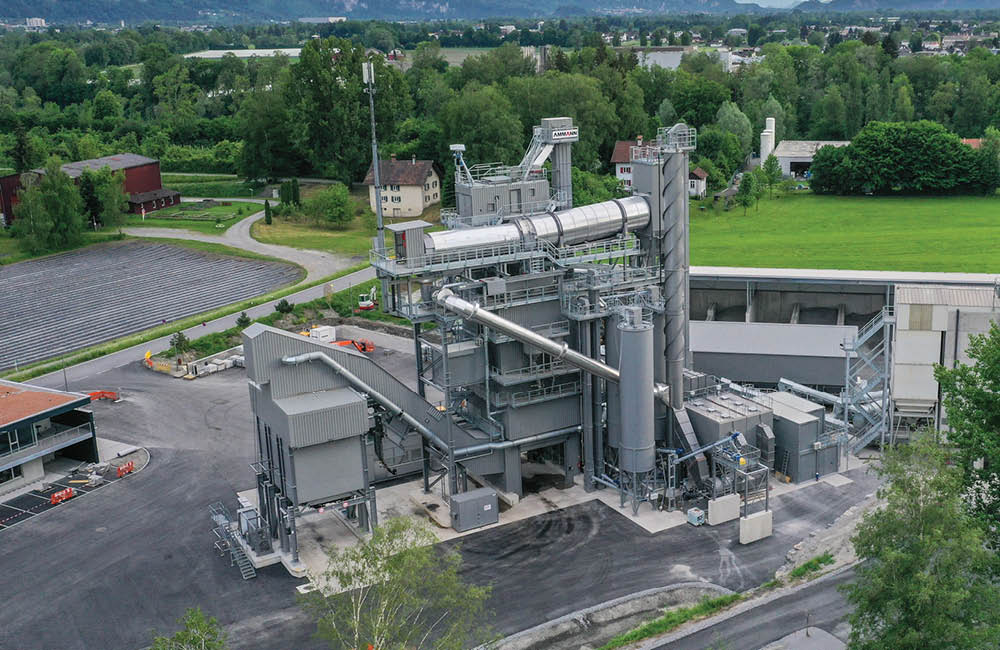
The EU Raw Materials Strategy offers the framework to secure access to minerals but good national interpretation is vital to delivering the benefits locally. The European Aggregates Association takes a look at some good examples
With the EU Raw Materials Strategy in place, implementation is key and it is now being driven forward through national initiatives. The strategy aims at exchanging good practice in respect of national minerals and land use planning so looking at how it is being used is important.
The
According to the association, the initiatives undertaken by Finland, France, Germany, Lithuania and the UK are of particular interest.
Finland The Finnish ministerial working group on climate and energy policy has commissioned the preparation of a Minerals Strategy for Finland. The key terms of reference have been to anticipate international and domestic development trends in the minerals sector over the next few decades. The strategy will also make recommendations concerning the formulation of a sustainable minerals policy and the development of the minerals sector in a way that satisfies the needs of both society and business. The minerals sector in Finland covers the mining industry, which produces metallic ores and industrial minerals, as well as other extractive industries that refine rock material and natural stones.
The strategy was drawn up over a six-month period during 2010, based on contributions from a team of more than 20 experts drawn from across the entire minerals sector. An additional 90 people were invited to support the process, representing various stakeholder groups in the minerals sector, from industry to nature conservation organisations. This larger group contributed to drafting the strategic document through online surveys and seminars.
A dedicated website was also launched for the minerals strategy, so that anyone who was interested could access an open survey at the site and submit their development proposals. France In cooperation with the French Government, The French aggregates association (UNPG) has developed a White Book 'Livre Blanc' providing a vision for 2030 and the upcoming challenges for the French Aggregates Industry. The Livre Blanc comes up with 22 proposals on how to improve the sustainability of the sector and delivers four scenarios on the possible future of the sector in France. On 3 May, UNPG presented the White Book at a Colloquium to a large gathering at the French National Assembly in Paris.
The event included four roundtables with key stakeholders and industry representatives moderated by a journalist. Each roundtable was headed by a short video challenging the panellists and triggering a lively and constructive debate. The UEPG also arranged the video interview with Karl Falkenberg, director general of DG Environment in the European Commission. The event was a real success for raising awareness to the challenge of land use planning and permitting procedures for aggregates extraction.
Germany The Deutsche Rohstoffagentur (DERA) was founded in October 2010 and will be based in Hannover at the headquarters of the German Agency of Geoscience and Raw Materials. DERA will serve as a platform for information and as a consultancy for minerals and energy raw materials. The focus is on availability and supply as well as resource efficiency. The UEPG will support its German members
Lithuania In response to the EU Raw Materials Initiative launched in 2008, the Lithuanian government has developed a "Strategy for the Optimum Use of Lithuanian Underground Mineral Resources". In 2010 The Baltic Journal of Road and Bridge Engineering published an essay on Lithuanian Mineral Resources, their reserves and the possibilities for their usage in road building.
UK The need for the future mineral planning system to operate so that sufficient aggregates are made available to support economic growth and development has just been confirmed in a new Government statement. The UK
The Communities and Local Government Committee on the Abolition of Regional Spatial Strategies at the end of 2010 has acknowledged the MPA's evidence and recommended the retention of certain key elements of the Managed Aggregate Supply System (MASS). The MPA believes that it is essential that the emerging National Planning Policy Framework recognises the important role that the MASS has performed over the last 35 years and could continue to fulfil in the future as a vital component of a more 'localist' approach to strategic planning for aggregates supply.
These are just a few examples of how the strategy is being adopted into national legislation but demonstrate the impact it has had in a relatively short time.














